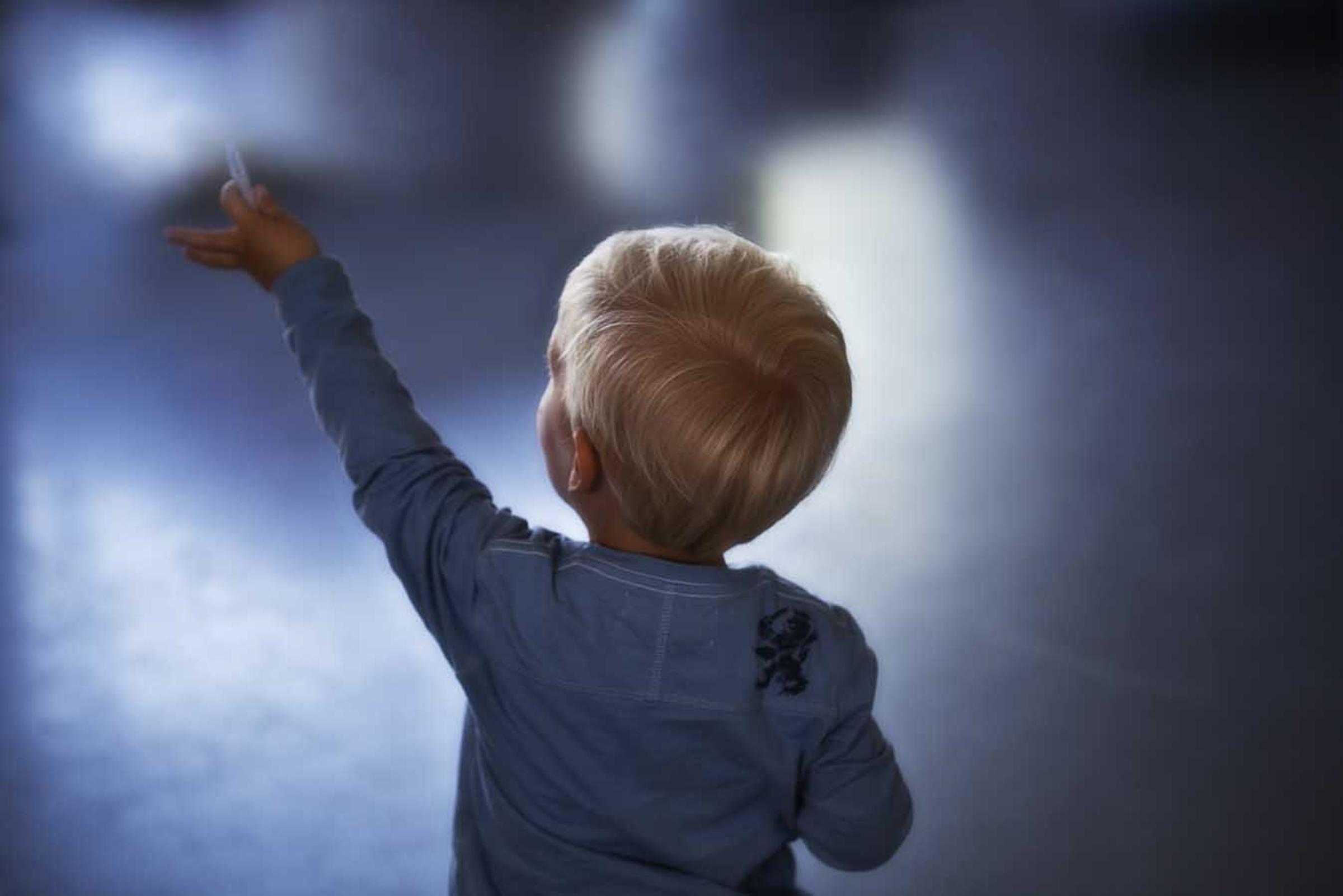Wellbeing

SFS community market
We are looking forward to the SFS twilight community market this year to be held on Thursday 4th November, between 5pm and 8pm. It is not too late to book a stall. Please contact me rlenko@sfslynbrook.catholic.edu.au if you have a small business you would like to promote. I encourage families to get together to come up with a stall idea for the market. The cost of the stall is 20 dollars with money going towards the upkeep of the school garden.
The Resilience Project
At SFS, we are a partner of the Resilience Project. We are using the key concepts of Gratitude, Empathy, Mindfulness and Emotional literacy to build the resilience of our students. Resilience is the ability to bounce back from setbacks in life. The students in Years 3 to 6 have been using the Resilience Project journals to reflect and build on these skills.
What is Respectful Relationships?
Respectful Relationships is about tackling family violence through education.
Rosie Batty, CEO of the Luke Batty Foundation “the school community is an essential part of social reform by modelling a culture of respect through the whole school, not just by teaching respect in the classroom”.
In 2017, respectful relationships education will be taught as part of the Victorian curriculum. The Victorian Government is supporting schools to model respectful relationships across the whole school community as part of its commitment to respectful relationships education.
The Government is providing Victorian schools with a range of extra supports and resources including, new Respectful Relationships teaching and learning materials.
In the classroom, children will learn problem-solving skills, to develop empathy, support their own wellbeing and build healthy relationships with others. The initiative will also provide resources to best support children and staff who are affected by family violence.
When children build positive relationships with their teachers and peers they feel safer and happier at school, are more resilient and have positive social attitudes. Positive relationships also increase a child’s sense of social connectedness and belonging which can result in better health and academic outcomes.
Further information about Respectful Relationships is available on the Department of Education and Training website: www.education.vic.gov.au/respectfulrelationships
Child Safety policy
At SFS, we have a child safety policy. In this week’s newsletter, we will outline the policy commitments.
All students enrolled at St Francis de Sales Primary School have the right to feel safe and be safe. The wellbeing of children in our care will always be our first priority and we do not and will not tolerate child abuse. We aim to create a child-safe and child-friendly environment where children are free to enjoy life to the full without any concern for their safety. There is particular attention paid to the most vulnerable children, including Aboriginal and Torres Strait Islander children, children from culturally and/or linguistically diverse backgrounds, and children with a disability.
Our commitment to our students:
- · We commit to the safety and wellbeing of all children and young people enrolled in our school.
- · We commit to providing children and young people with positive and nurturing experiences.
- · We commit to listening to children and young people, and empowering them by taking their views seriously and addressing any concerns that they raise with us.
- · We commit to taking action to ensure that children and young people are protected from abuse or harm.
- · We commit to teaching children and young people the necessary skills and knowledge to understand and maintain their personal safety and wellbeing.
- · We commit to seeking input and feedback from students regarding the creation of a safe school environment. Our commitment to parents and carers
- · We commit to communicating honestly and openly with parents and carers about the wellbeing and safety of their children.
- · We commit to engaging with, and listening to, the views of parents and carers about our child safety practice, policies and procedures.
- · We commit to transparency in our decision-making with parents and carers where it will not compromise the safety of children or young people.
- · We commit to acknowledging the cultural diversity of students and families, and being sensitive to how this may impact on student safety issues.
- · We commit to continuously reviewing and improving our systems to protect children from abuse. Our commitment to our school staff (school employees, volunteers, contractors and clergy)
- · We commit to providing all St Francis de Sales Primary School staff with the necessary support to enable them to fulfil their roles. This will include regular and appropriate learning opportunities.
- · We commit to providing regular opportunities to clarify and confirm policy and procedures in relation to child safety, and young people’s protection and wellbeing. This will include annual training in the principles and intent of the Child Safety Policy and Child Safety Code of Conduct, and staff responsibilities to report concerns.
- · We commit to listening to all concerns voiced by St Francis de Sales Primary School staff, clergy, volunteers and contractors about keeping children and young people safe from harm.
Establishing digital boundaries for a good night’s sleep
The following article is taken from the Parenting ideas school website.
It’s well established that sleep is vital for children and adolescents’ learning, physical health, mental wellbeing and emotional regulation. Yet, a concerning number of Australian children and adolescents aren’t meeting the national sleep guidelines according to a recent study*.There are many reasons for young people’s poor sleep habits including school demands, co-curricular and/or work commitments, perceived pressure from parents and educators and consumption of energy drinks. Young people’s digital device habits can have a significant, negative impact on their sleep. Handheld devices emit blue light which hampers melatonin production. This can result in the delayed onset of sleep and potentially shorten critical phases of the sleep cycle. Research confirms that children who have not yet gone through puberty are particularly vulnerable to blue light exposure in the evening as they have larger pupils, compared to post-puberty adolescents.
Strategies to stop screens from sabotaging your child’s sleep
Parents can have a positive influence on their child and teens’ digital habits and doing so will yield positive results for their child’s sleep and subsequent learning and wellbeing.
Establish a digital bedtime
Kids should switch off digital devices 60 minutes prior to falling asleep. Reinforce this habit by establishing a ‘landing zone’ such as a kitchen bench, or desk in a study or sideboard where digital devices go for charging and storage. Many students report that they ‘need’ to complete homework or submit assignments late at night. Verify the validity of such statements and work in partnership with your child’s school to limit this type of required screen activity at night. Parents need to also be good role models by switching off before bed too.
Tech-free zones
Bedrooms should be tech-free zones so consider buying an alarm clock if your child uses a mobile phone to wake themselves up. Keeping devices out of bedrooms removes the tech-temptation to use them throughout the night, reduces the likelihood that they’ll reach for them upon waking and lessens the chance of cyberbullying incidents. Ensure any devices left in bedrooms are on airplane mode and that the device is away from their line of sight.
Ensure a daily dose of ‘greentime’
Exposure to natural blue light from sources such as the sun is critical for regulating circadian rhythms and promoting sleepiness at night. Ensure your child/teen is exposed to bright, natural, daytime light preferably before midday each day.
Use blue light filters
Most devices include options for ‘night mode’ or ‘dark mode’ that reduce blue light exposure. Dimming the brightness of the screen in the settings or applying a filter on a desktop or laptop also assists.
Do a screen swap before bed
Encourage passive tech activities before bed such as watching TV, listening to an audiobook, music or podcast, or reading on an e-reader.
It can be a challenge navigating digital boundaries with your child or teen particularly when it involves sleep, which is vital for health, wellbeing and learning. Talk to them regularly about the importance of sleep using science and facts to substantiate your claims.
*The Australian Department of Health recommends between 9-11 hours of sleep for children (aged 5-13 years) and between 8-10 hours of sleep for adolescents (aged 14-17 years). A 2019 study published by the Australian Institute of Family Studies found that a quarter of 12-15 year olds were experiencing a concerning lack of sleep and more than half of the 16-17 year olds in the study were not getting the recommended 8-10 hours/night (Source: https://aifs.gov.au/sites/default/files/publication-documents/lsac-asr-2018-chap4-sleep.pdf )
Dr Kristy Goodwin
Dr Kristy Goodwin is a digital wellbeing and performance speaker, author and researcher (and mum who also deals with her kids’ techno-tantrums!). She’s the author of Raising
Your Child in a Digital World, and a media commentator who doesn’t suggest that we ban the iPhone, or unplug the gaming console (digital abstinence isn’t the solution).
Kristy translates research into essential information and realistic strategies for parents to ensure kids and teens thrive in the digital world. For further details visit www.drkristygoodwin.com.
If you have any concerns about the wellbeing of your child, please do not hesitate to contact me.
Rachel Lenko
Student Wellbeing Leader

